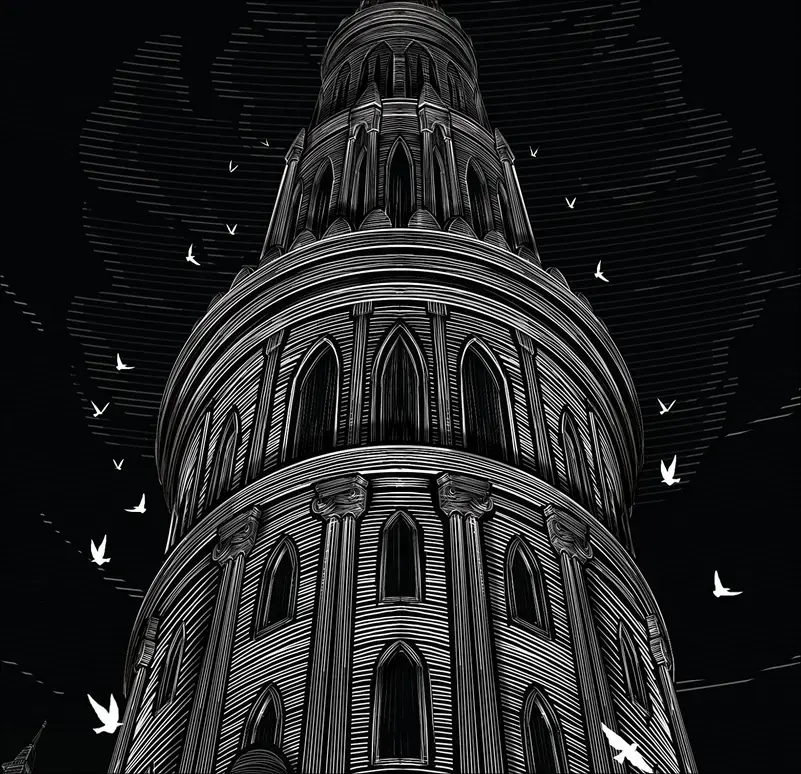

Firefox mobile. Input the homepage URL into the address bar from this post. Went, scrolled the page a bit, and hit back. Came straight back here
Reddit -> Beehaw until I decided I didn’t like older versions of Lemmy (though it seems most things I didn’t like are better now) -> kbin.social (died) -> kbin.run (died) -> fedia.
Japan-based backend software dev and small-scale farmer.


Firefox mobile. Input the homepage URL into the address bar from this post. Went, scrolled the page a bit, and hit back. Came straight back here
I should have taken a pic his morning. In northeast Japan, they make a paste of walnut, sugar, and I think butter and put it over mochi. It’s amazing.
That’s just a fancy way of saying a tomato smoothie on bread/pastry


We have copilot as an automatic code reviews. It mostly catches my bad spelling, occasionally finds a real issue, and often is incorrect.


I only eat beef on special occasions a handful of times per year and, if I’m buying, make sure it is as local as possible. Bonus points if it’s from a farm that has land that’s otherwise crap for vegetable/staple farming (which is a lot here in mountainous Japan)


Yep. I can’t spell today


This is the opposite of me. I speak and listen well (do my own doctor, dentist, banking, business, etc.) but my brain just sucks at learning kanji. I also have never been able to get into manga or really anime. Reading is such a slog I always just give up.


B2 or greater Norwegian.
I should probably attempt to get better at japanese, particularly kanji


Not necessarily obscure, but I don’t think Tries get enough love.
Edit: I can’t spell


Yep. Ozoni with red and white kamaboko, kinpira, and a host of other dishes.


About to have ours. Also a number of red and white dishes as is tradition.


I would be more worried about sweat, I think.
Then again, I don’t even fart unless I’m sat on a toilet


Some cultures considered sunset to be the end of the day and beginning of the next one. That seems good to me in a sense but very unwieldy for modern 24-hour time. The year also started when life began to return and planting could start.
It sounds like a better use of that person’s time might be doing requirements/design work on the subway. Probably less obnoxious to the people around as well.


I didn’t qualify as a kid (which is interesting because one of the things I was considering was moving to Montreal for university which would probably have lead to a very different life than I have now), but the law changes allowed me to later claim citizenship (under the 2009 change, IIRC). There is (or at least was when I did) a fair amount of documentation to write and provide about all your relatives so be ready for that.


Get all my games working and, more importantly, my video editing software. I had the video editing software working, updated the OS, and it broke. This is not something that has happened to me under Windows, as much as I dislike it. I work two jobs and have home maintenance; I don’t have time to sit and troubleshoot and manually tweak things. Solve that and I will be on linux full time.


I have two citizenships and permanent residency in a third country, so that seems unlikely. In the spirit of the question, though, immediately start drilling language and learning customs. If they have IT jobs, particularly in English, I’m already ready to work. I also have my own small farm so experience there as well. I’ve worked in many industries in my life, so I can jump into many things.
The kicker is probably the legal side and then finding housing which just requires doing whatever is needed. I assume I have whatever assets I had, my phone, etc.


Absolutely. They just take planes (and/or sometimes helicopters) to them.


Chugging along in my A2 Norwegian course on Babbel (supplemented with Memrise and the occasional peek at a textbook). I have some passive input a few times a week (podcasts as well as NRK shows (working my way through the kids’ show Bablo for comprehensible input and the occasional documentary that I mostly don’t understand)). I really need to start talking with someone soon (AI doesn’t count for me).
(二二二二二)
/ Still not great I guess